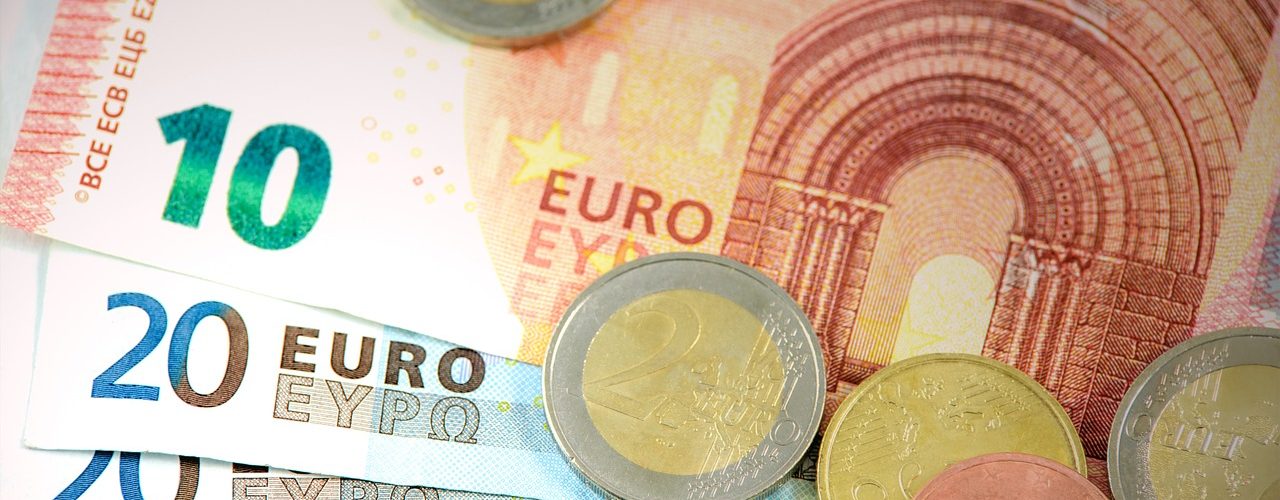Within the EU Customs Union, EU Member States’ customs authorities are responsible for
performing a wide range of controls before goods enter into free circulation in the EU customs
territory, that are aimed at protecting both EU revenues and the security and safety, health and
prosperity of EU citizens and business.
It has become apparent in recent years that Member States’ customs authorities are struggling with the
challenges of performing their various roles. Despite a major modernisation of EU customs legislation
in 2016, there is evidence of problems such as undervaluation of goods to avoid customs duties and
VAT and of smuggling of illicit or unsafe goods. There are also concerns about imbalances between
Member States in customs controls and of goods being diverted towards the weakest entry and exit
points to the EU customs territory to avoid detection. The fast changing world, with the acceleration
of digital transformation and new business models such as e-commerce, has added to the challenges
that customs face in implementing and enforcing EU legislation on imports and exports. At the same
time, customs must always endeavour to ensure that legitimate trade can benefit from facilitation
because international trade is vital to the success of the EU. Furthermore, the intensive preparations
needed for the departure of the United Kingdom from the EU Customs Union at the end of the
transition period have greatly increased the workload of EU customs authorities. In these conditions,
there are great risks of losses of revenues for the EU budget, of threats to the safety and security of
EU citizens, and of excessive burdens on legitimate trade, if action is not taken to reinforce the
activity of national customs authorities across the EU.
Mindful of this, the President of the European Commission, Ursula von der Leyen, stated in her
political guidelines for the new Commission’s term of office published on 16 July 20192
that “It is
time to take the Customs Union to the next level, equipping it with a stronger framework that will
allow us to better protect our citizens and our single market”. She said that the Commission would
propose “an integrated European approach to reinforce customs risk management and support
effective controls by the Member States.”.
The present Communication lays down an Action Plan to turn President von der Leyen’s Political
Guidelines into tangible benefits for European citizens, businesses and society.
The significant effect of the Covid-19 pandemic has made it more important than ever to ensure smart
management of the EU Customs Union. The Commission’s customs services reacted swiftly to the
crisis, adopting legislation, issuing guidelines and actively supporting Member States and businesses
in particular to ensure flexibilities in relation to customs debt obligations, facilitate the fast and swift
clearance of medical/protective equipment and prevent counterfeit or unsafe equipment from entering
the EU. This response should help customs operations if there is a generalised resurgence of COVID-
19 cases. However, the crisis has made it clear that it is now vital to explore all ways to ensure that the
Customs Union and Member States’ customs authorities operate to maximum efficiency, remain
flexible and resilient in times of crisis and better anticipate problems. This implies, above all, a new
emphasis on ensuring greater availability and use of data and data analysis for customs purposes as
well as developing an appropriate set of foresight and common crisis management tools.
Some of the proposed actions will require Member States to allocate the appropriate resources at
national level and to support EU level financing for the already-proposed new EU customs
programme and new financial instrument for customs equipment. In the case of EU financing, the
amounts at stake are modest3 while the potential is substantial, as customs duties alone account for
14% of total EU budget revenues (without taking into account the knock-on effect on VAT revenues
of Member States). About 85% of the funding proposed for the new EU customs programme will go
into the operation, maintenance and development of the customs electronic systems that provide the
seamless and coherent structure for the smooth functioning of the Customs Union and the protection
of the Single Market and EU citizens.
Source: eur-lex.europa.eu















